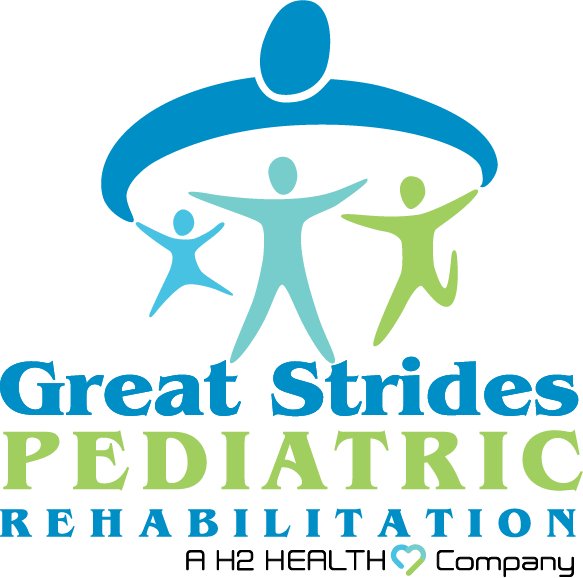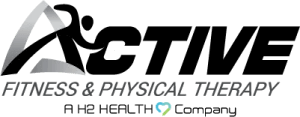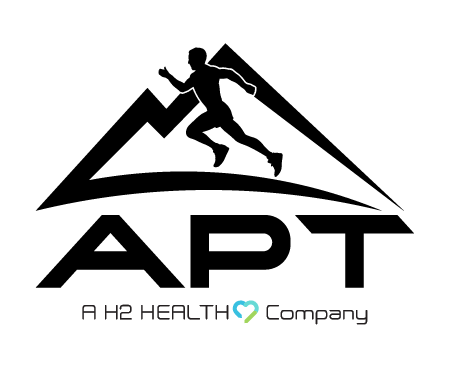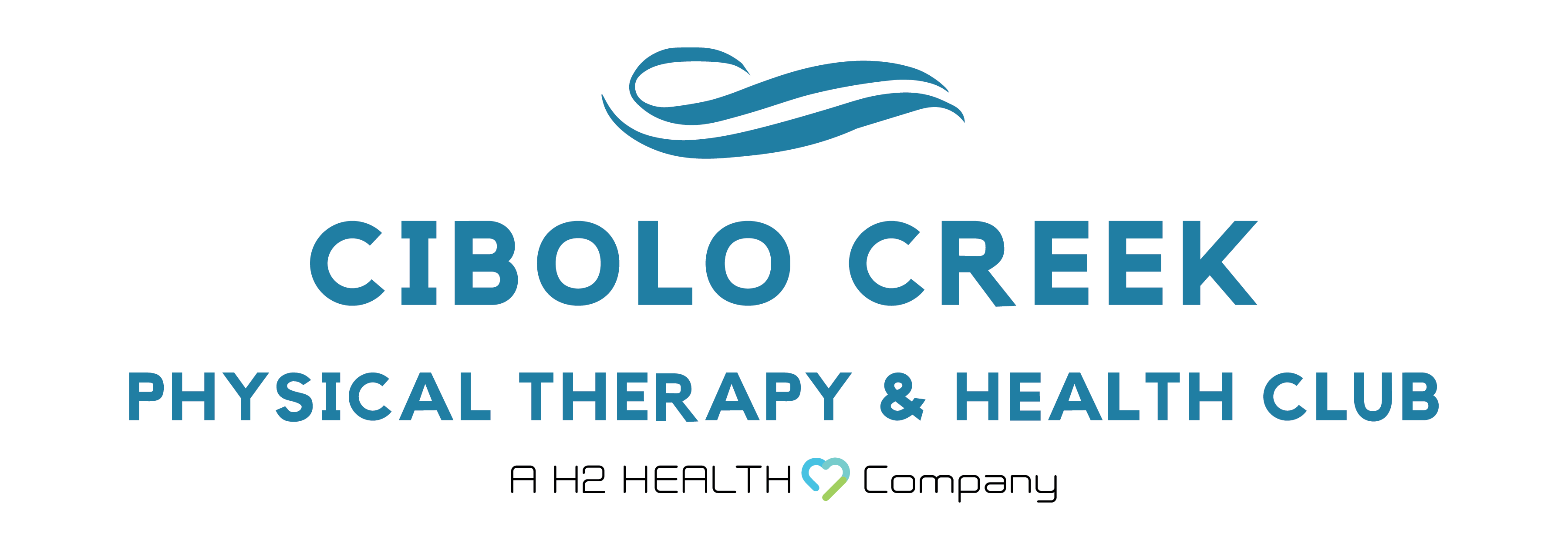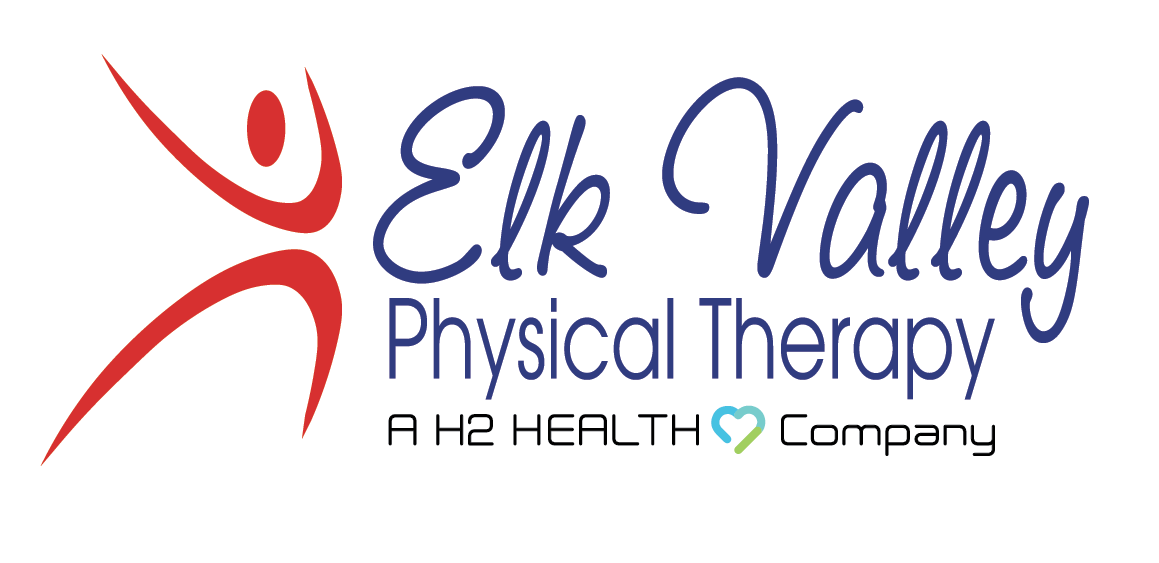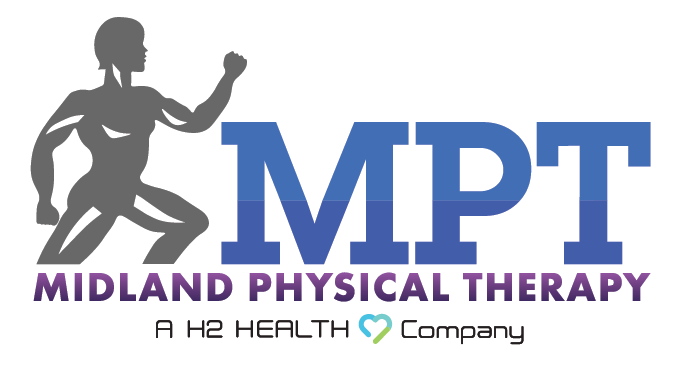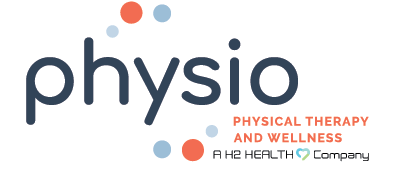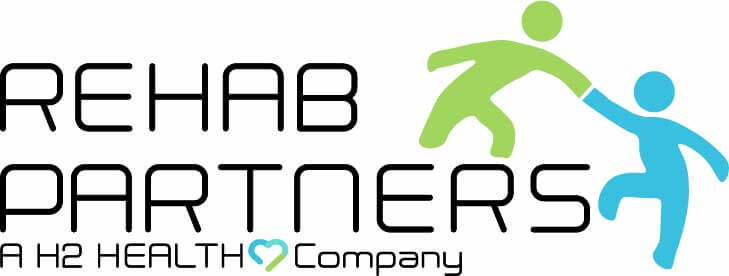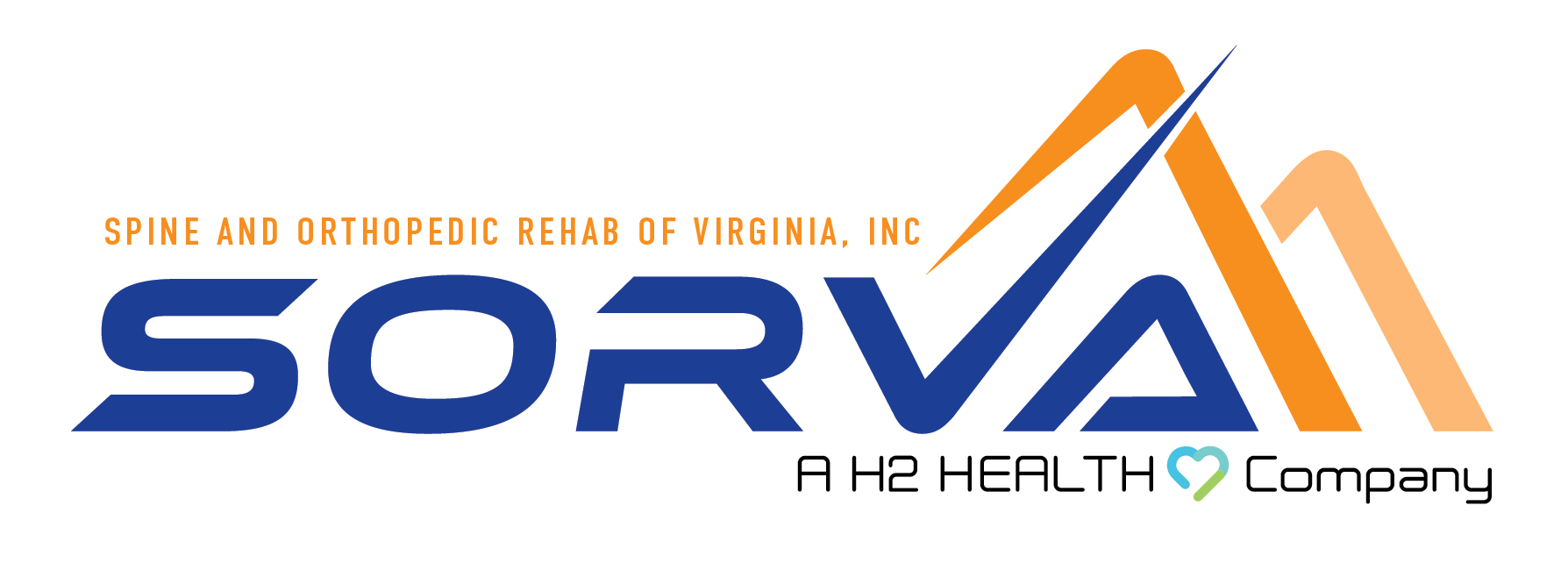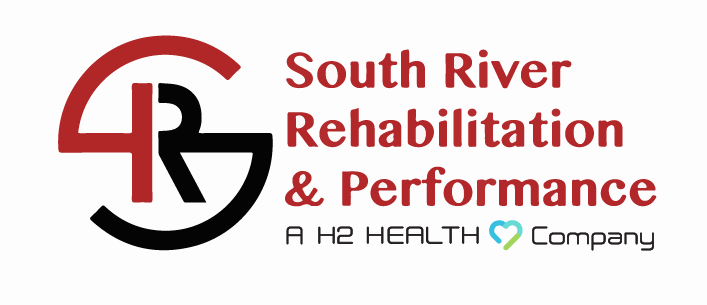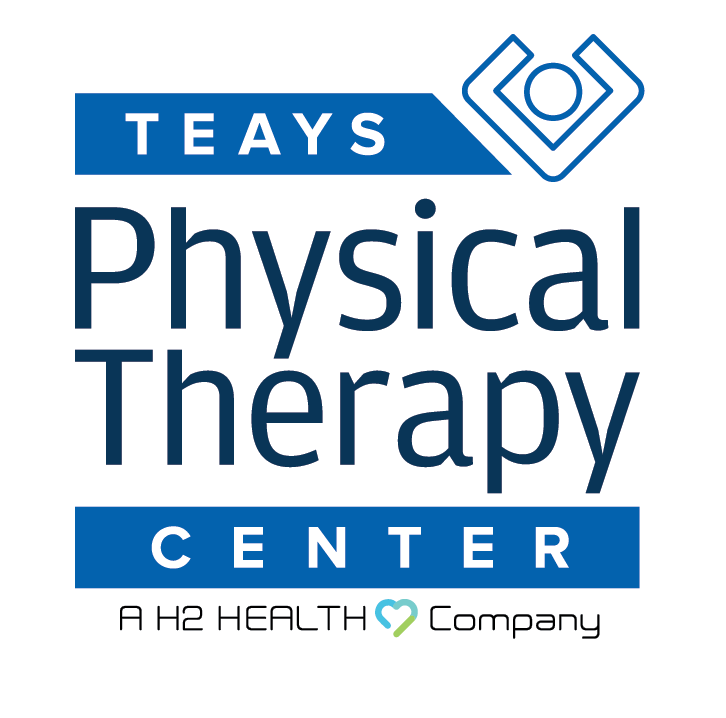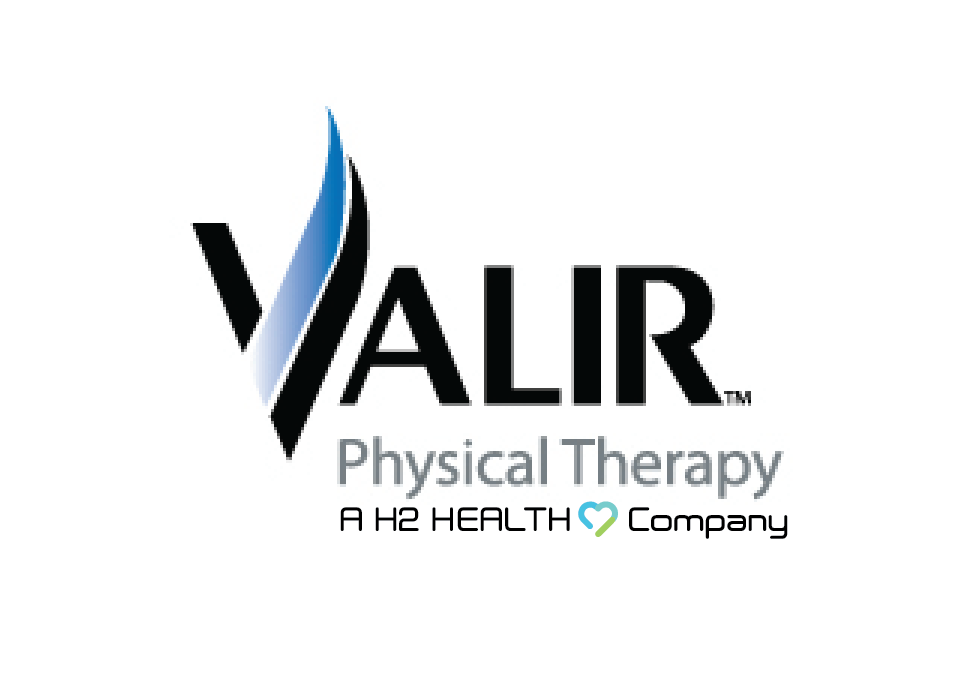
When we think of rehabilitation and the role of physical therapy, we often picture exercise regimens, targeted stretches, and the gradual rebuilding of strength and mobility.
However, one element that is too often overlooked but fundamentally integral to the recovery process is diet. Nutrition plays a crucial role in the body’s capacity to heal itself and respond to the stress of physical therapy and exercise.
In this blog, we will explore the direct connection between nutrition and physical therapy and key nutrients for recovery. Additionally, we will also offer practical advice for making nutritional adjustments to enhance the healing process.
The Connection Between Nutrition and Physical Therapy
The connection between nutrition and physical therapy is vital and multifaceted. Nutrition, being a critical component of health, recovery, and performance, significantly influences the outcomes of physical therapy.
Proper nutrition provides the body with the necessary energy and nutrients it needs to heal and recover. For instance, proteins are essential for the building of bone, muscle, and connective tissue. A diet that incorporates proteins can therefore enhance the healing process, helping patients recover more quickly from musculoskeletal injuries.
A well-balanced diet, rich in essential vitamins and minerals, can also aid in recovery during physical therapy. Certain foods and nutrients can even help with pain reduction and improved circulation, further facilitating the healing process.
Moreover, incorporating nutritional management along with physical therapy may improve function, activity, and participation. In other words, good nutrition not only aids in physical recovery but also enhances the overall effectiveness of physical therapy.
Key Nutrients for Recovery
Here are a few key nutrients that play a crucial role in recovery following an injury or surgery.
Protein
Protein, composed of essential amino acids, is a crucial nutrient for repairing damaged tissues and building new ones. It plays a significant role in the process of muscle growth and recovery, making it a central component of rehabilitation.
During recovery, the body often needs to repair and build new muscle tissue. This process, known as muscle protein synthesis, relies heavily on the availability of dietary protein. A
sufficient intake of protein can therefore speed up recovery times, improve muscle strength, and enhance overall physical function.
Vitamins and Minerals
Vitamins and minerals are essential nutrients that play various roles in the body’s healing and recovery processes.
Vitamins A, C, and E are antioxidants that can help reduce inflammation and promote healing. They protect the body’s cells from damage and support immune function, which aids in faster recovery.
Vitamin D and calcium are necessary for bone health. Adequate levels of these nutrients can enhance bone density and strength, improving outcomes in physical therapy programs focused on improving mobility and reducing the risk of falls and fractures.
Minerals like iron and zinc are essential for tissue repair and growth. Iron helps with the production of collagen, a protein that forms the structure of new tissue. Zinc plays a role in immune function, wound healing, and protein synthesis.
Adequate intake of these minerals can therefore speed up healing and recovery.
Healthy Fats
Healthy fats, particularly omega-3 fatty acids, have anti-inflammatory properties that can aid in reducing inflammation and promoting healing.
Inflammation is a common response to injury and can cause pain and swelling. By reducing inflammation, omega-3 fatty acids can help alleviate pain, improve mobility, and speed up the healing process. This can enhance the effectiveness of physical therapy, leading to better overall outcomes.
Moreover, healthy fats are a source of energy and essential for performing physical therapy exercises and daily activities.
Complex Carbohydrates
Complex carbohydrates provide the body with a steady supply of energy, which is necessary for physical therapy exercises and daily activities.
During physical therapy sessions, the body uses energy to perform exercises and heal damaged tissues. By providing a sustained energy source, complex carbohydrates can improve endurance, performance, and recovery in physical therapy.
Incorporating Nutrition into Your Physical Therapy Plan
To make the most of your physical therapy sessions, consider incorporating these nutritional strategies:
- Eat Balanced Meals: Aim for a diet rich in lean proteins, fruits and vegetables, whole grains, and healthy fats.
- Stay Hydrated: Water is crucial for numerous bodily functions, including nutrient transportation and waste removal.
- Timely Nutrition: Eating a protein-rich snack before your physical therapy session can provide the energy needed for the A post-session, protein-rich meal or snack can also aid in muscle recovery.
- Supplement Wisely: While getting nutrients from whole foods is ideal, sometimes supplements can be Always consult with a healthcare provider before starting any supplement regimen.
Your physical therapy doctor can refer you to a dietitian or nutritionist who can provide personalized advice based on your specific needs and goals.
Physical Therapy in Jacksonville, FL
Nutrition plays a pivotal role in physical therapy. A balanced, nutrient-rich diet can enhance the healing process, alleviate pain, improve function, and ultimately lead to more successful physical therapy outcomes.
At H2 Health, our highly experienced physical therapists understand that nutrition and physical therapy go hand in hand when it comes to promoting recovery, enhancing performance, and maintaining overall health. We collaborate with nutrition experts to help our patients recover quickly and reach their full wellness goals.
Schedule an appointment at H2 Health today and take the first step towards a healthier, more active lifestyle. We look forward to serving you!

